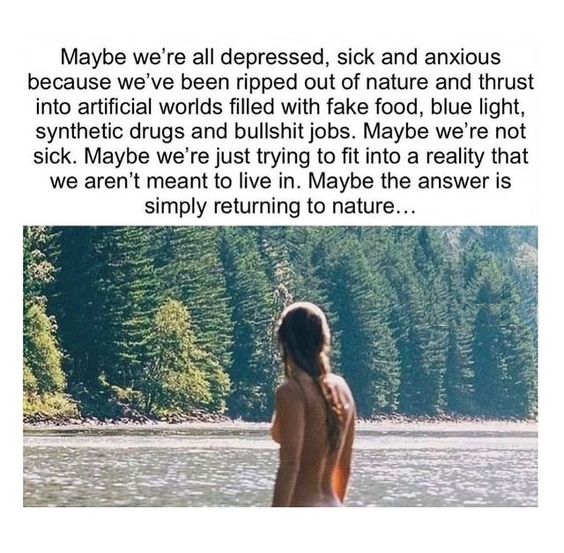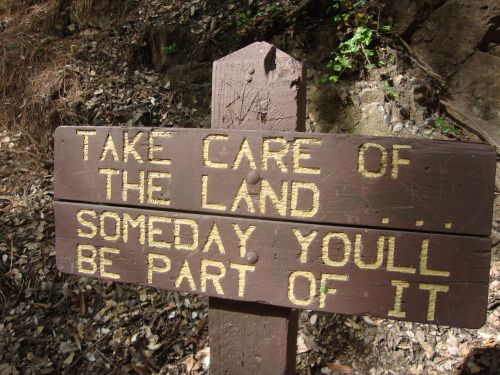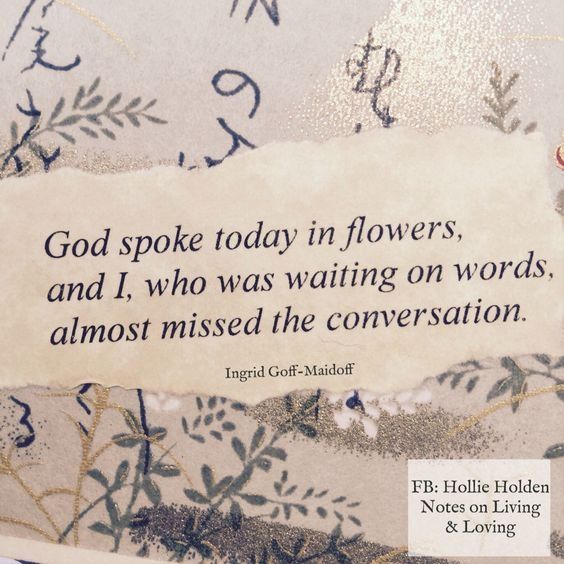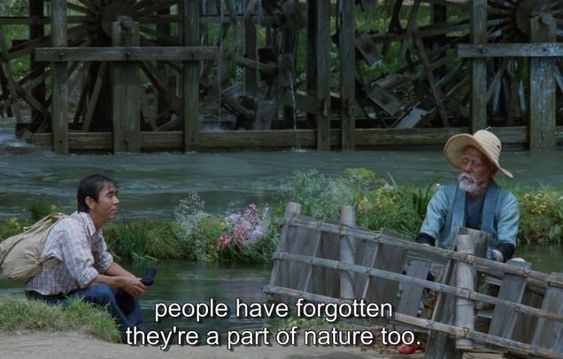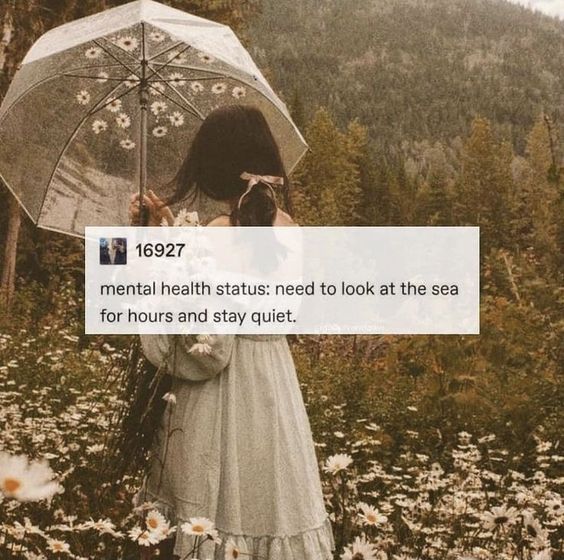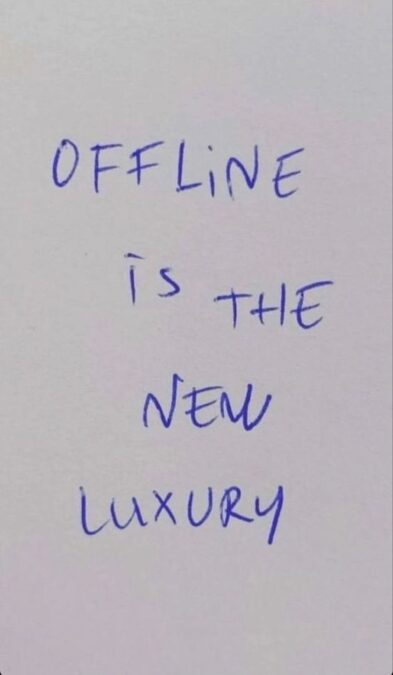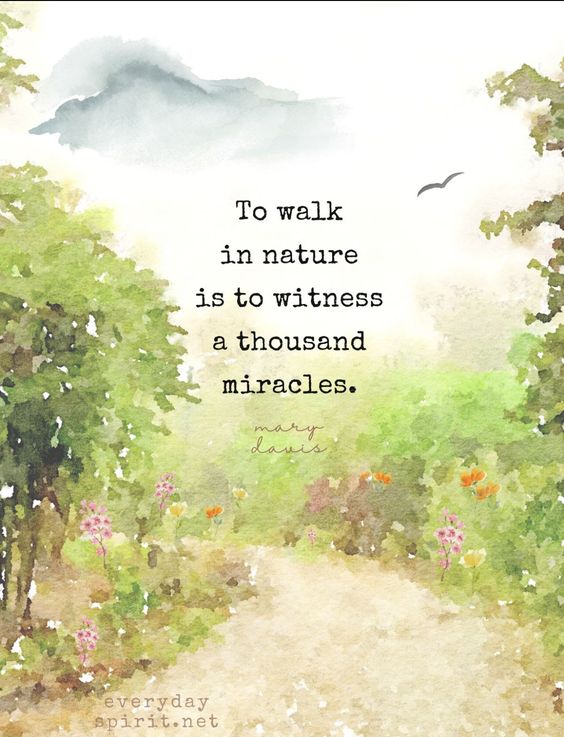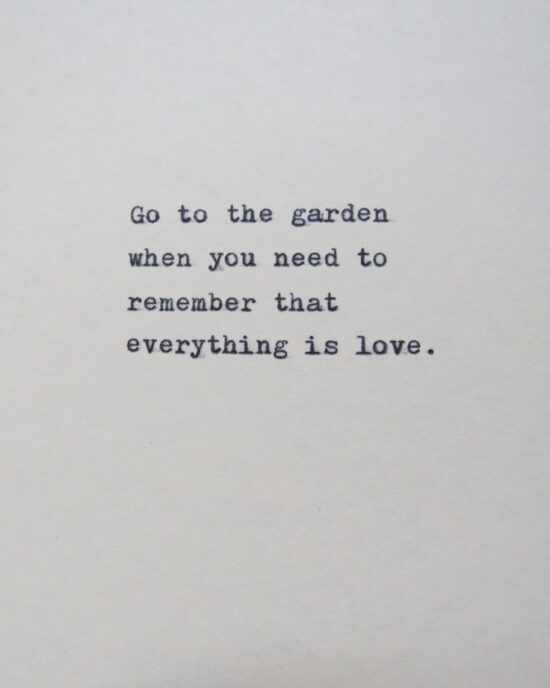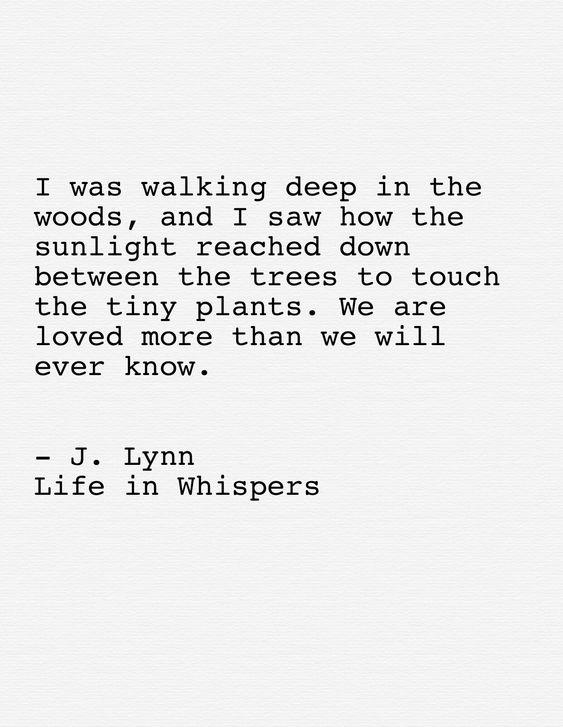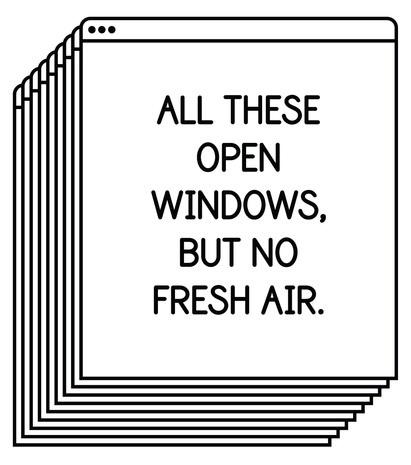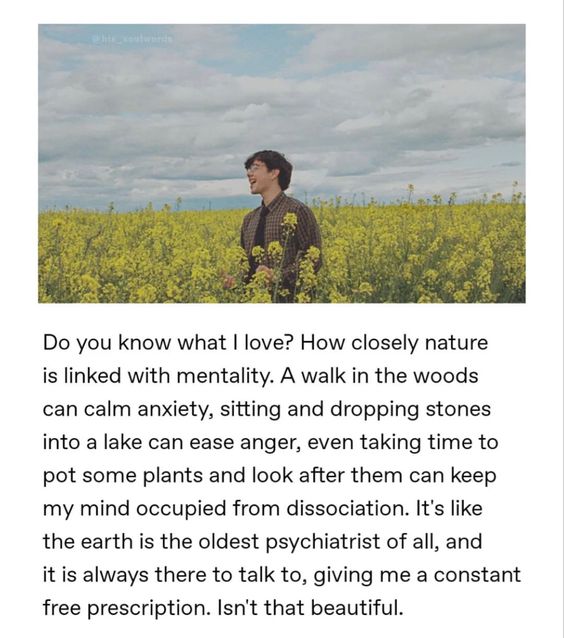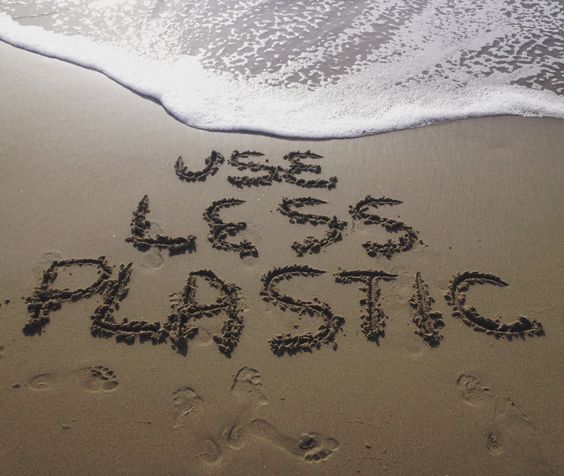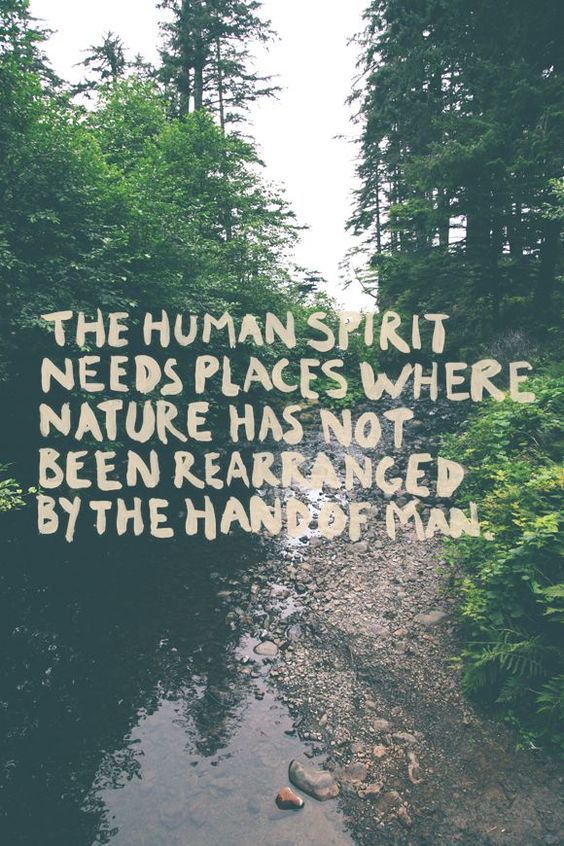“The paradox of volcanoes was that they were symbols of destruction but also life. Once the lava slows and cools, it solidifies and then breaks down over time to become soil—rich, fertile soil. She wasn’t a black hole, she decided. She was a volcano. And like a volcano she couldn’t run away from herself. She’d have to stay there and tend to that wasteland. She could plant a forest inside herself.”
Matt Haig, The Midnight Library (Page 286)
“To be part of nature was to be part of the will to live. When you stay too long in a place, you forget just how big an expanse the world is. You get no sense of the length of those longitudes and latitudes. Just as, she supposed, it is hard to have a sense of the vastness inside any one person. But once you sense that vastness, once something reveals it, hope emerges, whether you want it to or not, and it clings to you as stubbornly as lichen clings to rock.”
Matt Haig, The Midnight Library (Page 134)
“She had thought, in her nocturnal and suicidal hours, that solitude was the problem. But that was because it hadn’t been true solitude. The lonely mind in the busy city yearns for connection because it thinks human-to-human connection is the point of everything. But amid pure nature (or the ‘tonic of wilderness’ as Thoreau called it) solitude took on a different character. It became in itself a kind of connection. A connection between herself and the world. And between her and herself.”
Matt Haig, The Midnight Library (Page 126)
“There is a story of a religious teacher who used to talk every morning to his disciples. One morning he got on to the platform and was just about to begin when a little bird came and sat on the window sill and began to sing, and sang away with full heart. Then it stopped and flew away and the teacher said, ‘The sermon for this morning is over.'”
J. Krishnamurti, Freedom From The Known (Page 89)
“Having lost touch with nature we naturally tend to develop intellectual capacities. We read a great many books, go to a great many museums and concerts, watch television and have many other entertainments. We quote endlessly from other people’s ideas and think and talk a great deal about art. Why is it that we depend so much upon art? Is it a form of escape, of stimulation? If you are directly in contact with nature; if you watch the movement of a bird on the wing, see the beauty of every movement of the sky, watch the shadows on the hills or the beauty on the face of another, do you think you will want to go to any museum to look at any picture? Perhaps it is because you do not know how to look at all the things about you that you resort to some form of drug to stimulate you to see better.”
J. Krishnamurti, Freedom From The Known (Page 89)
“It is good to be available to the wind, to the rain, to the sun, because this is what life is. So rather than becoming worried about it, dance! Dance when the storm comes, because silence will follow. Dance when challenges come and disturb your life, because in responding to those challenges you will be growing to new heights. Remember, even suffering is a grace. If one can take it rightly it becomes a stepping stone.”
Osho, Everyday Osho (Page 52)
“No AI can ever replicate the feeling of July. The joy of freshly-made jam. The beauty of wildflowers climbing up your walkway. And, the way it feels when there is still so much possibility in the air. If you’ve been craving new possibility for yourself—my suggestion for you is this: Stop searching. Stop scrolling. Stop browsing. And go outside. Bring a notebook. Sit with nature. And ask yourself a simple question: What do I really want to do???“
Ash Ambirge
